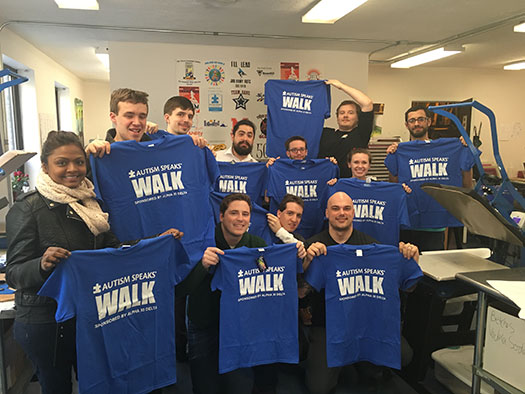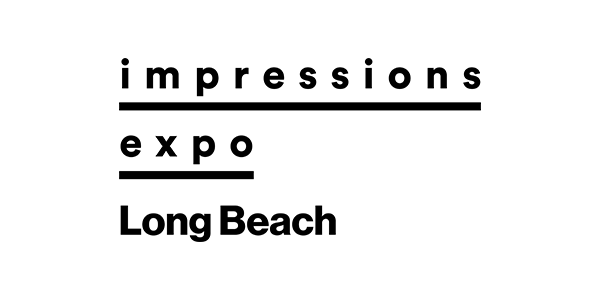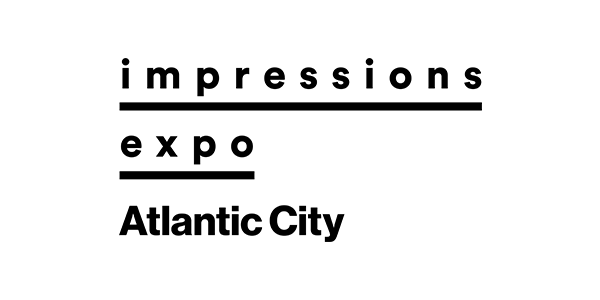Patrick Bardsley was born in the United Kingdom (his accent and use of words like “mum” are dead giveaways), but a summer program brought him to the United States 10 years ago and took him down a career path he never expected.
In 2006, Bardsley was selected by Camp America, an agency that places people from more than 20 countries into U.S. summer camp programs, to work as a counselor at a special-needs camp in upstate New York. Spending every summer throughout undergraduate school at the camp, Bardsley worked one-on-one with a boy named Nicholas, who had autism.
“I fell in love with the work,” he recalls. “I would wake up at the camp and I would be tired and complaining. But I’d look over and see a guy who faces so many challenges in terms of communication and navigating the social world, and he’d have a big smile on his face. It was just very humbling; I learned not to sweat the small stuff.”
By 2010, Bardsley had grown close to Nicholas’ family, and his mother, Stella Spanakos, encouraged him to complete his degree in the United Kingdom and return to the United States to get a master’s degree in special education.
Believing it was his calling, Bardsley moved to America in 2010 and began working with Nicholas’ family in Long Island, N.Y., while attending grad school. Just six months into his stay, Nicholas’ father had a heart attack and passed away, sparking a conversation between Bardsley and Spanakos about the uncertainty of Nicholas’ future.
Hoping to create an environment where Nicholas, as well as other adults with autism, could thrive and work to support themselves, Bardsley and Spanakos researched different recession-proof businesses, looking for something that would offer employees a creative outlet with repetitive steps. They honed in on the apparel industry — a nod to Nicholas’ father, who had operated a family business selling church suits.
Learning By Doing
Bardsley, Spanakos and their business partner Nicole Sugrue — now president, chairperson of the board and development director, respectively — started Spectrum Designs in 2011. They launched the business out of a barn in Spanakos’ backyard, starting with a ColDesi direct-to-garment (DTG) printer and working primarily with autism organizations.
With practically no experience in apparel decorating, they faced a steep learning curve. “[There were] so many nights when we were like, ‘Why can we not get blue on this DTG machine and why is that changing to pink and why is that crooked?’” he recalls. “We really learned by doing.”
They worked hard to hone their skills, reaching out to decorating experts, researching, and absorbing tips and advice at industry events. “We took advantage of every ISS Atlantic City show,” Bardsley recalls. “I would send myself and everyone else to seminars, trainings and all-day workshops. We would talk to suppliers, go on T-shirt forums and use YouTube.”
In 2012, Spectrum Designs moved into a larger 600-square-foot space — but as business continued to grow and more clients were requesting 50-, 100- and 200-shirt orders, they knew more expansion was on the horizon.
“We quickly realized we needed to expand and grow to screen printing,” Bardsley says. The company purchased Vastex manual presses and moved into a 1,500-square-foot facility in 2013.
Today, Spectrum Designs offers digital and screen printing, as well as embroidery. Equipment includes a ColDesi DTG M2, six Geo Knight heat presses, three Melco XTS embroidery machines, a six-color, eight-station M&R Diamondback screen-printing press and a four-station Vastex manual press. Additionally, the company has a Vastex dual-chamber tunnel dryer and exposure unit, and a Viper automatic pretreatment machine.
“A tremendous amount of the shop equipment was made possible through the generosity of donors, but also the support of suppliers who gave discounts to make a purchase possible,” Bardsley says. “The apparel industry has been just amazing to us.”
Working the machines is a team of 25 full- and part-time staff, 75% of whom have Autism Spectrum Disorder. “The unemployment rate for adults with autism is somewhere in the region of 80%,” Bardsley says. “Fifty thousand adults graduate high school each year, and only 20% of those people are getting real productive jobs — you can see where this becomes a societal problem.”
Continuing its Mission
Supporting autism awareness continues to be at the heart of Spectrum Designs’ business, with autism research organizations constituting a large portion of its clientele (it just finalized a big contract with Autism Speaks, a science and autism research organization, to print 56,000 shirts for all 60 of the group’s walks across the county). Business also comes from other nonprofits, such as New York State Industries for the Disabled, as well as major retail clients like women’s fashion brand Betches.
Spectrum Designs also works directly with consumers, with its in-house art department available to design and print shirts for walk-in customers.
From the get-go, Bardsley’s vision for the company was inspired by a social mission, but not at the cost of quality. “We’ve been successful by saying we’re going to do all the things that every other printer does and do them well.”
Future plans include relocating to a larger, 6,000-square-foot facility where they plan to use 4,000 square feet for production and add two automatics, as well as more embroidery machines.
“We feel that every product we put out is a reflection of the capabilities of people with developmental disabilities,” Bardsley says. “So if we don’t put out a good product, we’re letting them down, too.”





